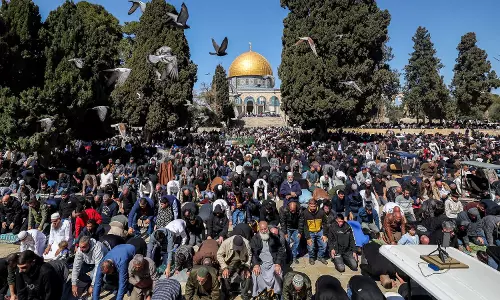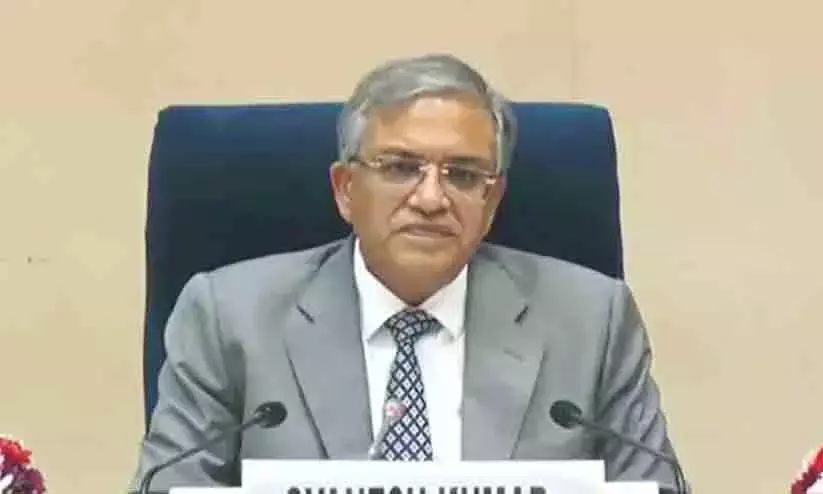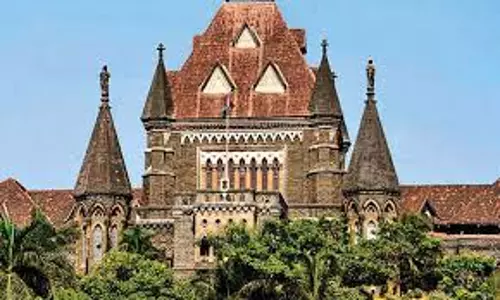
Human Rights-scared government
text_fieldsWhat provoked the Modi government most was Amnesty's exposure of the human rights violations in Jammu-Kashmir following the abrogation of the special rights provisions in Article 370 and the imposition of central rule in the state. On 15 November 2019, the CBI conducted another raid in Amnesty offices, after preparing an FIR accusing it of violating FCRA regulations. The government's vindictive measures got more aggressive after Amnesty released an investigation report about the pre-planned riots in northeastern Delhi in February 2020, which also revealed that out of the 53 people killed in the communal attacks, the majority were Muslims and that the police played an active role in fomenting violence. All this was enough to make Amnesty the bete noire of the far right wing and the current government led by it. But the question is whether the Modi government will be able to save its face by virtually banning Amnesty International, the body campaigning for human rights, which started its work in 1961 with London as its base, and now consisting of 46 lakh public workers and legal experts across 150 countries.
It was only a few days ago that former justice of the Supreme Court Madan B. Lokur at a webinar in the capital pointed out there has been an increasing tendency of putting individuals in jail for months on end with framed cases and charges of treason and under National Security Act and UAPA (Unlawful Activities Prevention Act). He also pointed out that in 2018 alone, 70 persons were charged with treason, but all of them were acquitted. Although they are entitled to compensation, the mental torture they had to go through cannot be undone through compensation.
The number of encounter deaths is increasing by the day. A case of Maoist hunting in Kerala made news again recently. People were made to believe that Jaleel, an alleged Maoist, was shot to death by the police on the night of 6 March 2019 when he had fired bullets at the police who arrived at the Upavan resort in Vythiri, Wayanad. The police had come there when they learned Jaleel was raising funds in the resort. Police produced Jaleel's gun also as evidence. But the forensic report that was released the other day contradicts the police version. Forensic experts have stated that the country rifle that the police seized had not fired any bullet. Things have come to such a pass that the moment a person is branded Maoist, Naxalite, IS, or Al-Qaeda, he can be nabbed from anywhere and can be shot to death. If any one dares to doubt or question it, the situation in the country is such that he too can be rounded up and put iail for an indefinite period. In a climate where the media by and large toe the regime's narrative, when the human rights movements and activists also get silenced, those in power believe that everything will be safe. And what to say of those who blame the mirror for their ugly face!






















